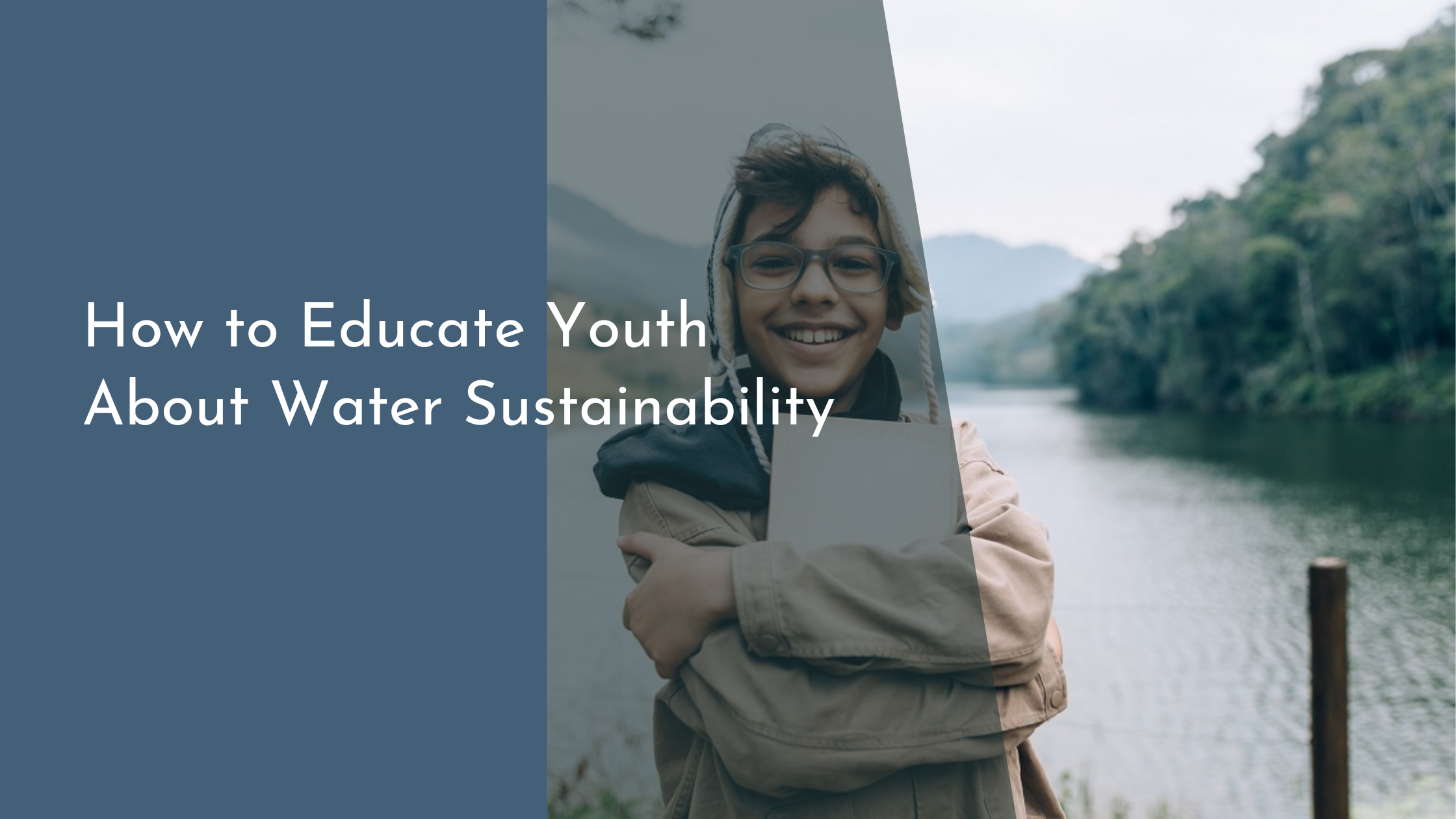How to Educate Youth About Water Sustainability
Water is a vital resource that sustains life on Earth, yet its scarcity is a growing concern globally. Educating youth about water sustainability is crucial for fostering a new generation that values and protects this essential resource. This article explores the importance of water conservation, ways to integrate water sustainability into education, methods to engage young people through interactive activities, and strategies to empower them to make a positive impact.
Understanding the Importance of Water Conservation
Water conservation is not merely an option but a necessity in today’s world. With the increasing global population and climate change impacting water availability, understanding the importance of conserving water is critical. Water conservation helps in ensuring that there is enough water to meet the current and future needs of both humans and the environment. Educating youth about this importance helps them appreciate water as a precious resource and encourages responsible usage from a young age.
Moreover, teaching the younger generation about the interconnections between water, food security, and ecosystem health can inspire them to adopt a holistic view of sustainability. This understanding can lead to thoughtful decisions and actions that contribute to the preservation of water resources. By comprehending the broader implications of water conservation, youth are better equipped to advocate for sustainable practices in their communities.
Integrating Water Sustainability in Education
Integrating water sustainability into educational curricula is a powerful way to raise awareness among young people. Schools can incorporate topics related to the water cycle, watershed management, and water pollution into science and geography lessons. This approach provides students with a scientific understanding of water systems and highlights the significance of maintaining clean and abundant water sources. Such knowledge lays the foundation for responsible water stewardship.
Additionally, project-based learning initiatives, such as creating a water conservation plan for the school or community, can offer practical experience in applying theoretical knowledge. Encouraging students to research local water issues and develop solutions fosters critical thinking and problem-solving skills. Providing opportunities for students to present their findings and solutions can further deepen their understanding and commitment to water sustainability.
Engaging Youth Through Interactive Activities
Interactive activities are an effective way to engage youth and make learning about water sustainability fun and memorable. Hands-on experiments, such as testing water quality or building simple water filtration systems, allow students to explore concepts in a tangible way. These activities not only enhance their understanding of how water systems work but also demonstrate the impact of human activities on water quality.
Organizing field trips to local water treatment plants, rivers, or wetlands can also provide valuable learning experiences. Witnessing firsthand how water is managed and the challenges faced by these ecosystems can leave a lasting impression on young minds. Such experiences can ignite curiosity and motivate students to take an active interest in water conservation efforts within their communities.
Empowering Youth to Make a Positive Impact
Empowering youth to make a positive impact in water sustainability involves equipping them with the knowledge, skills, and confidence to take action. Encouraging participation in community clean-up events or water conservation campaigns can help students translate their learning into meaningful contributions. Involvement in such initiatives not only benefits the community but also gives young people a sense of agency and accomplishment.
Providing platforms for youth to voice their ideas and solutions, such as school clubs or youth forums, further empowers them to become advocates for water sustainability. Mentorship programs that connect students with professionals in water management can offer valuable guidance and insights. By fostering an environment where young people feel heard and supported, we can inspire them to be proactive stewards of our planet’s water resources.
Educating youth about water sustainability is a crucial step toward securing a sustainable future. By understanding the importance of water conservation, integrating it into educational systems, engaging students through interactive activities, and empowering them to make a difference, we can nurture a generation that is conscious of their environmental responsibilities. As these young minds grow and take on leadership roles, their commitment to preserving our precious water resources will be instrumental in building a more sustainable and resilient world.

